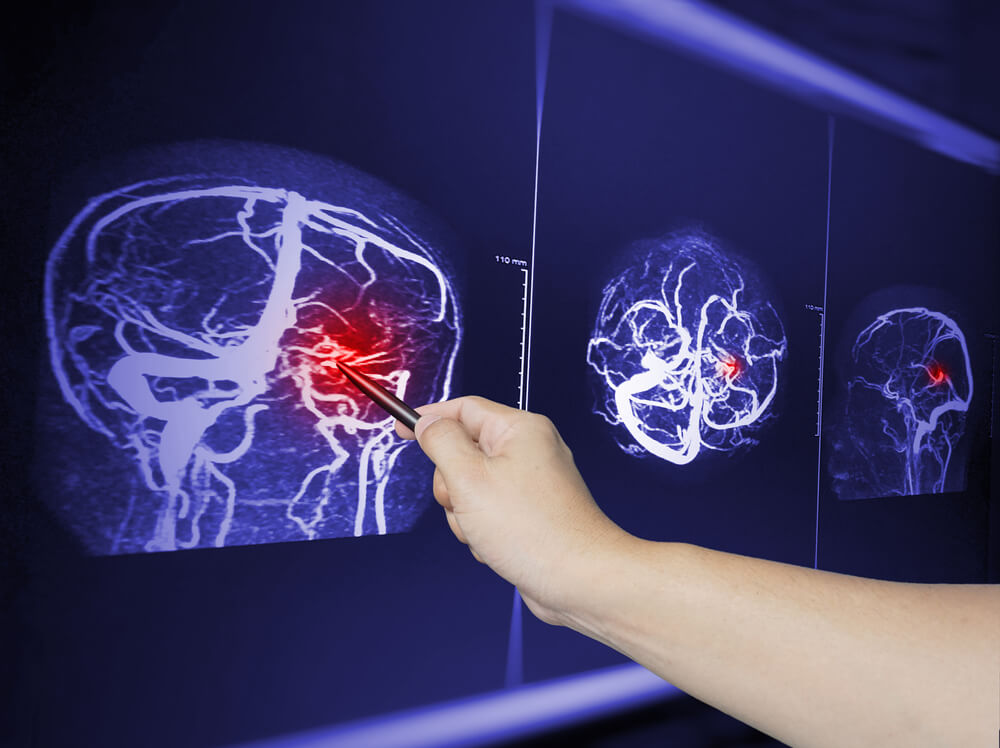Personal Injury | May 25, 2021
Common Causes of Mild Traumatic Brain Injury
Brain injuries are often misunderstood, and surprisingly, many go undiagnosed, especially mild TBIs. You want to know what caused your brain injury and who might be responsible for the harm and loss you have endured. Do not hesitate to consult with a Bonney Lake brain injury attorney.
When you hear the term “mild,” you likely think of an injury that you can treat at home or that will heal very quickly. However, this is not always the case with mild traumatic brain injury (MTBI). This can still be a serious injury that can impact your life in many ways, and you should recognize when you might have the right to compensation from liable parties. You should consider speaking with our Bonney Lake brain injury attorneys about how your MTBI occurred and your legal options.
What is a Mild Traumatic Brain Injury?
If you suffer any degree of head trauma, you should seriously consider seeking medical attention. The healthcare professionals might perform some tests and ask you questions, and they might come back with a diagnosis of mild traumatic brain injury, which is also commonly called a concussion.
But what does this diagnosis mean? It is important to recognize that the category “mild” is in response to the symptoms you are presenting at the time compared to common immediate symptoms of moderate or severe brain injuries. In no way does this diagnosis mean that the injury is not a serious matter or that you will not have lasting effects. Many patients with MTBI diagnoses experience various cognitive, physical, or behavioral effects for weeks or months after their initial injuries.
How Concussions Happen
There are many different ways that people sustain concussions and other mild TBIs. Almost any degree of head trauma can cause this injury, including direct blows to the head or a violent shaking of the head, which can occur even in whiplash injuries causing coup contrecoup. These events can cause the brain to hit the inside of the hard skull, causing damage to the soft brain tissue. The symptoms you may experience likely will be impacted by which part of the brain suffered damage and the extent of the damage.
Head trauma can happen in any of the following types of incidents, among others:
- ATV accidents
- Boating accidents
- Car accidents
- Truck accidents
- Pedestrian accidents
- Bicycle or motorcycle accidents (even when wearing a helmet)
- Sports accidents
- Slip and falls
- Falls from high places
- Birth injuries
- Shaken baby syndrome
- Violent assaults
- Defective products
- Explosions
- Workplace accidents
Many incidents that cause MTBIs happen due to the negligence or wrongful conduct of others. Different parties might be responsible for causing an accident, including individuals, or companies.
Once our legal team identifies that another parties’ negligence was responsible for your MTBI, we may seek compensation for all injury-related harms and losses. Such losses may include:
- Medical bills
- Costs of future medical care
- Lost wages
- Future lost income
- Pain and suffering
Brain injuries are complex injuries that often lead to complex insurance claims. It would be prudent to consider consulting with a lawyer that can help chart a path through unfamiliar territory and seek to obtain a fair and equitable result for the harm and loss you or your family member has endured.
Seek Help from a Dedicated Bonney Lake Brain Injury Attorney
At Anderson Law, PLLC, we assist clients with all degrees of brain injuries and other serious injuries. Call (253) 862-1811 or contact us online to learn how a Bonney Lake brain injury attorney can help you.
The information contained on this website is intended for informational purposes only, and is not legal advice. Nothing in this website establishes an attorney-client relationship between us. Different facts can dramatically affect a legal opinion. You should consult an attorney for legal advice that pertains to your personal situation.

